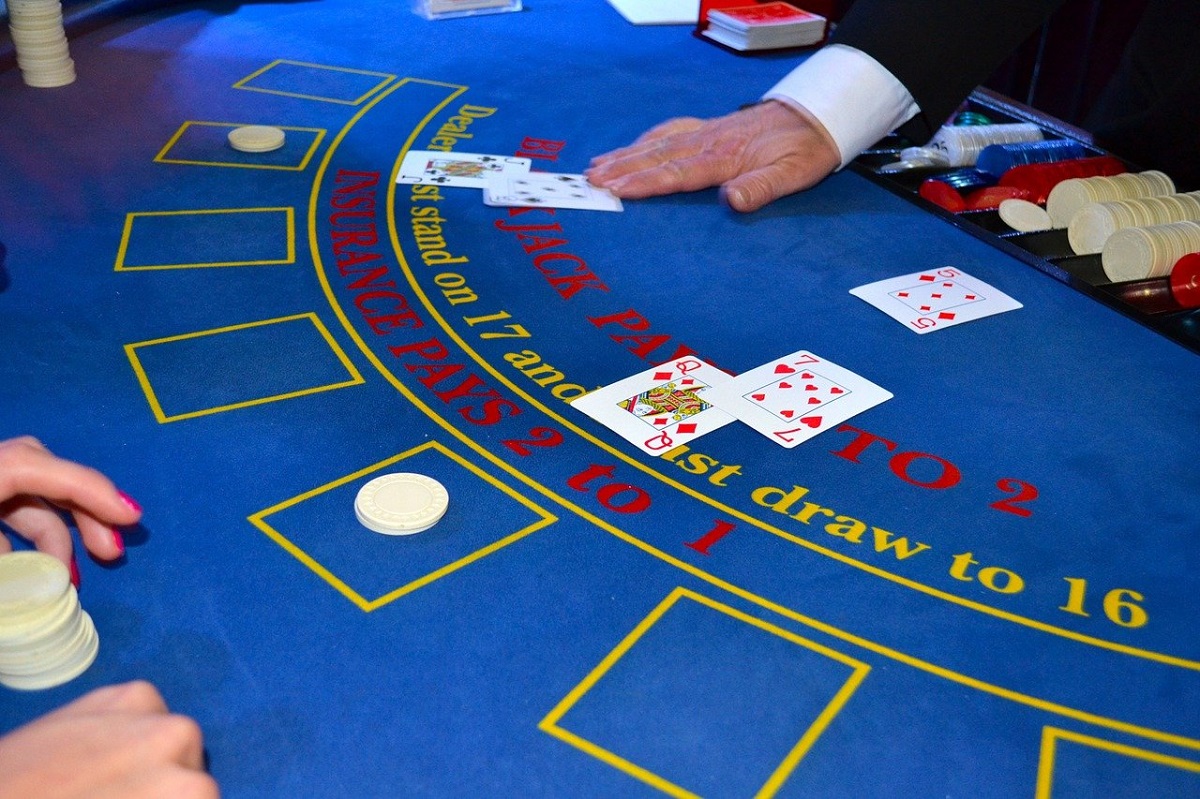
Anyone who steps up to a betting floor or machine essentially puts themselves at the mercy of luck and chance. Spinning reels, shuffling cards, and tossing dice ultimately decide wagers. Yet among experienced, winning players, talk of skill mastery also clearly impacts gambling success with Wunderino Spiele.
So what truly fuels players’ fates at casinos in the tense tug-of-war between fortune and strategy abilities? The answer proves complex, with randomness and human talent blending uniquely across various popular games.
Pure Chance: Accepting Complete Unpredictability
Games on the complete luck end of the spectrum offer essentially zero ability for players to swing outcomes via decisions. Slot machines epitomize such randomness in reactive games.
Sure, bet sizing and some modern video slots with decision-based bonuses add faint skill elements. But at their core, slots stay fully unpredictable affairs. This makes bankroll management and the supernatural concept of “getting hot” at peak payout cycles vital for slot devotees seeking big wins.
Mostly Luck: Handling High Uncertainty
Beyond slots, many table games still sit overwhelmingly in luck’s corner, though they include traces of skill for those seriously studying game intricacies. For example:
Roulette: Placing wagers across felt layouts introduces minor strategy around betting selections with varying risk/reward profiles. Yet, that spinning wheel stays untouchable.
Baccarat/Craps: Similarly, play choices like Banker/Player bets (Baccarat) or Pass/Don’t Pass wagers (Craps) provide loose decision points amid games highly bound to chance through dealt cards or rolled dice.
The Luck/Skill Fulcrum: Pushing Probability Leverage
Then we reach the pivotal middle ground housing renowned games like poker, blackjack, and certain sports wagers balancing on the dynamic luck/skill fulcrum.
Here, understanding randomness itself becomes a skill. Players aggressively leverage probability knowledge, getting cards or numbers to work for them. Think poker sharks manipulating pot odds, blackjack card counters turning slim house edges positive by predicting shoe composition shifts, or sports bettors exploiting moneyline mismatches heading into games.
Leaning Into Skill Through Pattern Detection
Beyond mathematical probability skills, pattern recognition abilities also assist serious players. Spotting subtle tile arrangements in Mahjong, guessing hidden dominoes combinations, or tracking dealer idiosyncrasies all help shift games slightly from feeling completely random.
Psychology is also crucial here, as reading opponents’ “tells”, successfully bluffing in poker, and managing tilt during cold streaks require interpersonal talent unseen in pure luck games.
Key Examples Across the Luck/Skill Spectrum
| Game | Role of Luck | Role of Skill |
| Slots | Almost 100% luck | Very minor: bet sizes |
| Roulette | Extremely high luck | Loose strategy around bet selection |
| Blackjack | Moderate; depends partly on counting ability | Math skills & card counting to shift odds |
| Poker | Moderate; depends on reading opponents | Probability knowledge; psychology; bluffing |
| Sports Betting | Varies significantly | Research; data analysis; matchup judgment |
So while casino online games always retain some luck factors, certain formats reward studious players significantly more through openings to leverage skills around odds calculation, pattern recognition, and human psychology.
Does Skill Really Beat Luck Over Time?
Games sitting in that pivotal middle zone spark endless debates around whether long-term winning is achievable primarily through skill. The debates rage eternally across poker forums, blackjack pits, and sportsbook lounges.
In truth, even games considered “beatable” merely allow highly studied players to achieve win rates of perhaps 102% vs the house edge, so massive volume and bankroll management remain key for profitability. In the end, perhaps players dwell too much on parsing luck from skill rather than accepting gambling’s innate uncertainty.
Final Thoughts
Movies love portraying smug gamblers boasting “pure skill” while running up stacks of chips. But reality proves far murkier, with Lady Luck always demanding a seat at the table to flip fortunes instantly if skill gets too cocky.
Ultimately, games mix random chaos and human potential in exhilarating, unpredictable recipes. Rather than definitively disentangling those components, players may find more fun embracing gambling’s marvelous uncertainties.
Read Next: Dirt 5 Crashing Xbox Series X: Here’s How to Fix it!